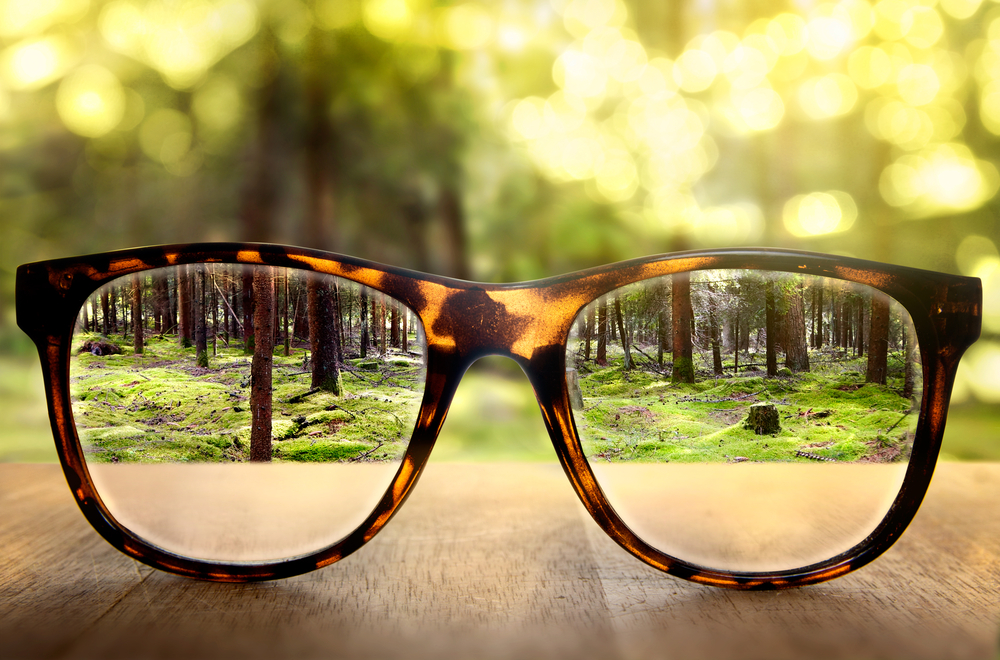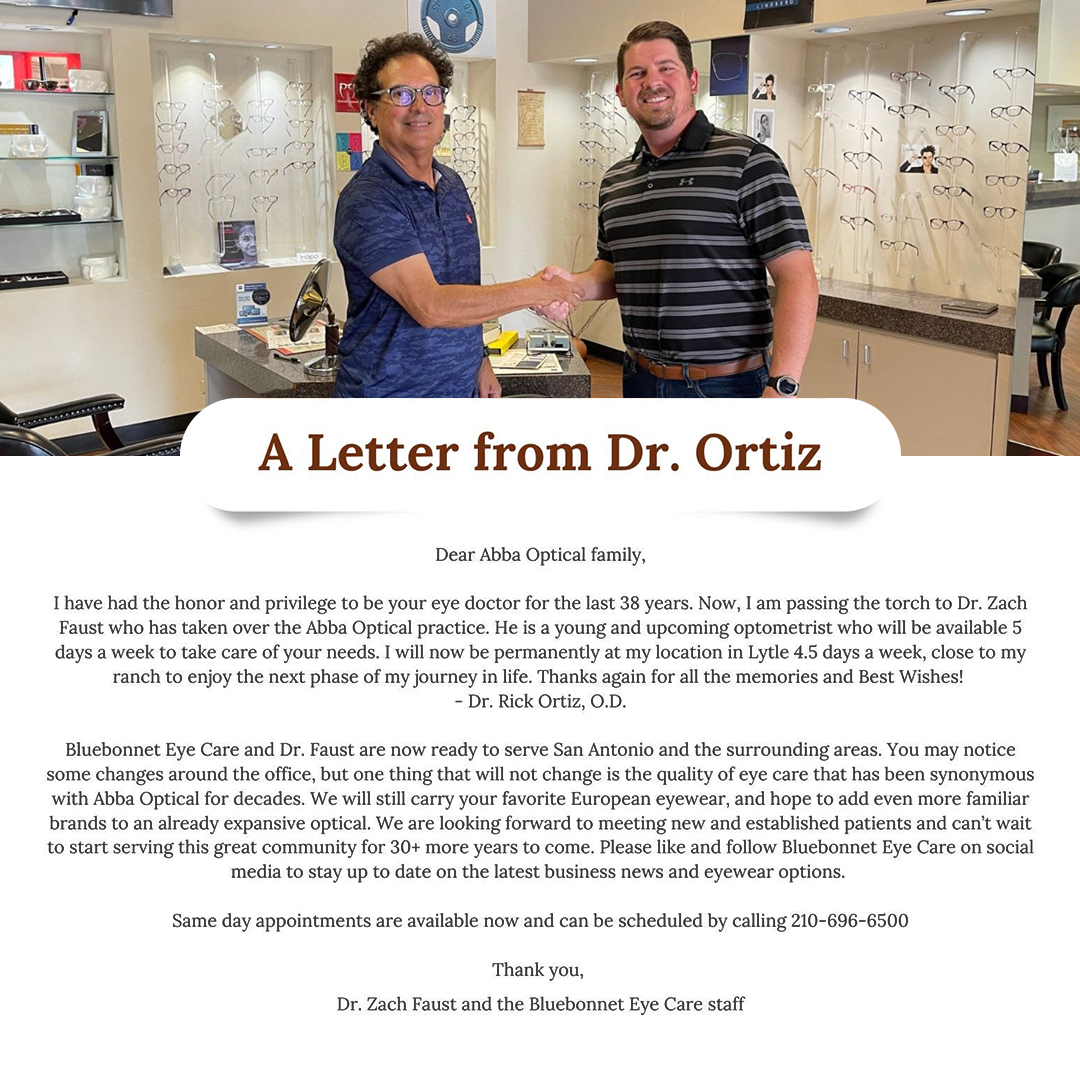
Myopia is becoming increasingly common, especially in children and teens. As this condition progresses, it not only impacts day-to-day vision but can also increase the risk of serious eye health complications later in life. The good news is that there are several lifestyle changes that can help slow the progression of myopia, especially when combined with advanced treatment options.
Encourage More Outdoor Time
One of the most effective lifestyle changes is simply spending more time outdoors. Studies have shown that children who spend at least 90 minutes to two hours outside each day have a lower risk of developing or worsening myopia. Natural light and focusing on distant objects while outside help promote healthy eye development and reduce the constant strain associated with close-up tasks.
Limit Screen Time and Near Work
Digital devices and prolonged close-up activities such as reading or using a tablet can place extra strain on the eyes. Following the 20-20-20 rule is an easy way to protect your eyes: every 20 minutes, look at something 20 feet away for at least 20 seconds. Also, ensure proper lighting during reading or homework and encourage regular breaks to reduce eye fatigue.
Promote Good Visual Habits
Simple habits like holding reading material at an appropriate distance (at least 12 to 16 inches away from the eyes), maintaining good posture, and ensuring proper lighting can go a long way in preventing eye strain. Children should also avoid reading while lying down or in dimly lit rooms, as these behaviors can worsen myopia over time.
Prioritize Regular Eye Exams
Routine comprehensive eye exams are essential in detecting and monitoring myopia progression. Early detection allows for timely intervention with effective myopia control treatments. At Bluebonnet Eye Care, we offer customized myopia management plans to meet the unique needs of each patient.
Effective Treatment Options for Myopia Control
Lifestyle changes alone may not be enough for some individuals. Combining good habits with clinically proven treatment options can provide the best results.
Orthokeratology (Ortho-K) involves wearing specially designed rigid contact lenses overnight to gently reshape the cornea. These lenses provide clear vision during the day without the need for glasses or contacts and have been shown to slow myopia progression in children.
Low-dose atropine eye drops, used once daily at bedtime, can help slow the elongation of the eye that causes myopia to worsen. These drops are well-tolerated by most children and are a great option for those not ready for contact lenses.
Additionally, multifocal contact lenses provide clear vision while also reducing eye growth signals that lead to myopia progression. They are worn during the day like standard contact lenses and are particularly beneficial for active children and teens.
Take Control of Myopia Early
Managing myopia early can make a lasting difference in a child’s vision and eye health. At Bluebonnet Eye Care, we are committed to helping you or your child maintain clear vision and reduce the risks associated with progressive myopia. We will guide you through the best lifestyle changes and treatment options to protect your eyesight for years to come.
Contact Bluebonnet Eye Care to schedule a consultation and learn more about personalized myopia control options. Visit our office in San Antonio, Texas, or call (210) 696-6500 to book an appointment today.











